
Can caffeine prevent Alzheimer's?
What is the most popular drug in the world? It’s not alcohol, cannabis, or cocaine, but something most of us start with each day. Coffee; or, more specifically: caffeine.
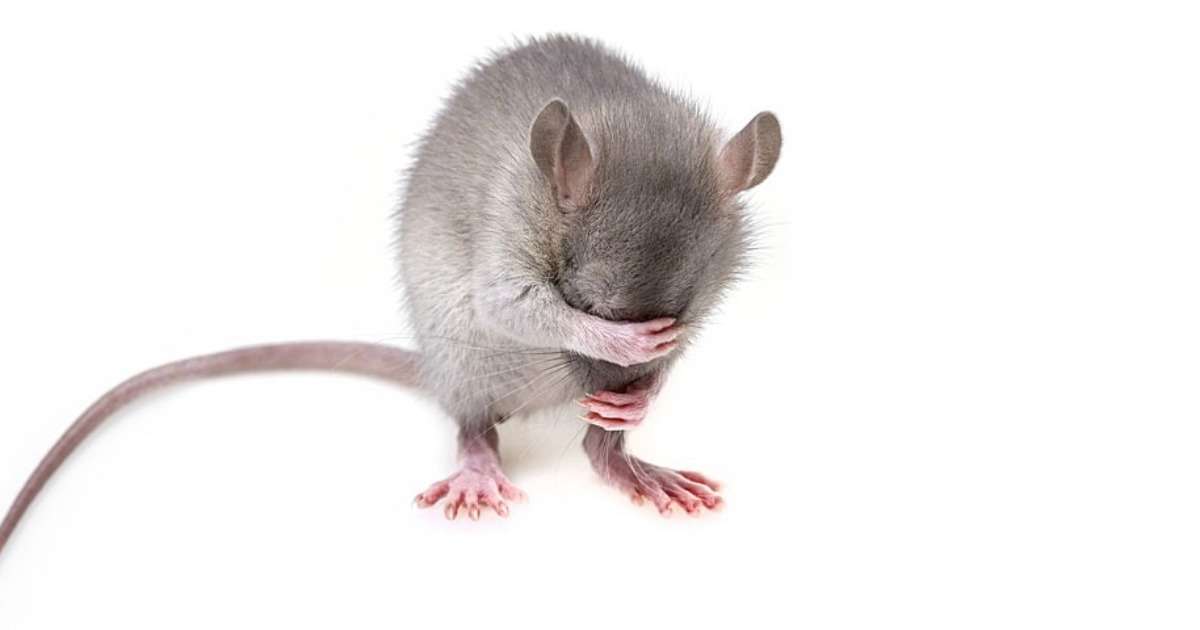
Gut microbes: both cause and cure of autism?
Gut microbes can increase or decrease typical autism spectrum disorder behavior (stereotypies, social behavior, locomotion, and communication) via metabolites and influencing alternative gene splicing.
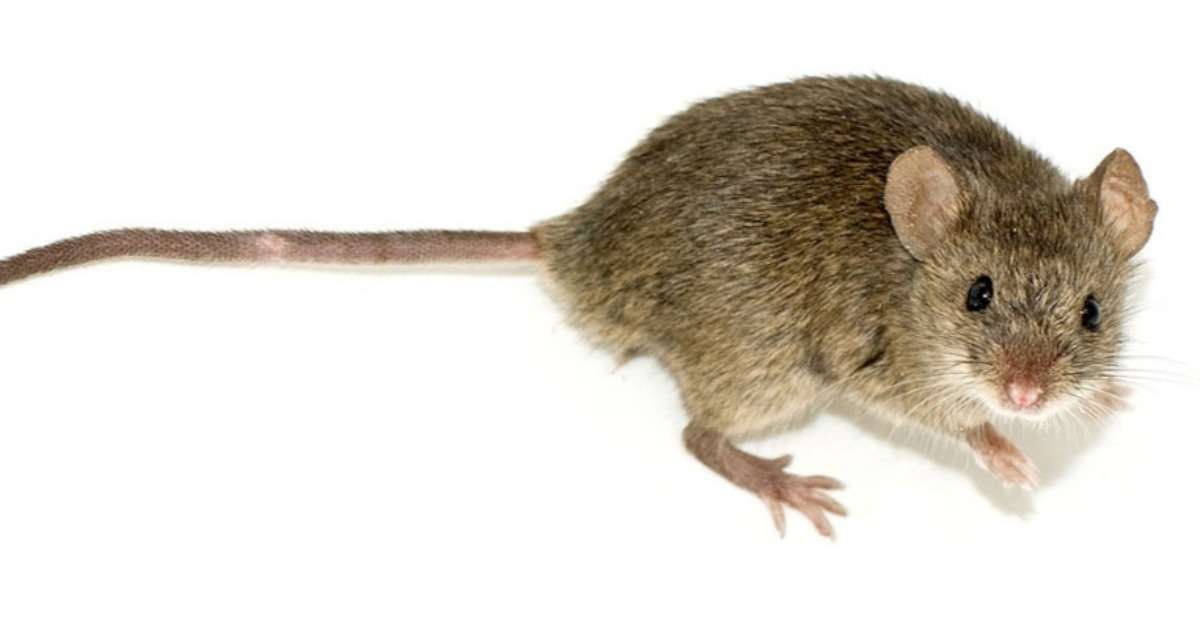
Stereotypical effects on cognitive bias
Stressed-induced stereotypical behavior in lab mice have different effects on cognition. The radial arm maze is often used to investigate this.
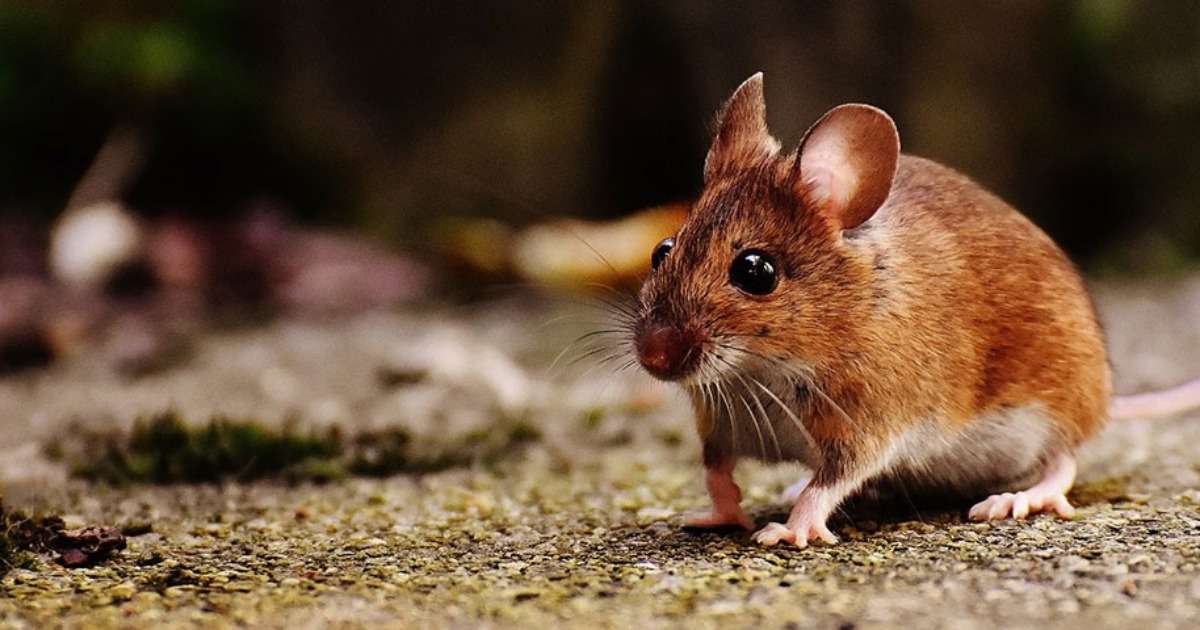
About unexpected results: predator odor excites mice
The temperature of the tail and eyes of rodents is indicative of their emotional state. What would be the effect of a specific predator cue?
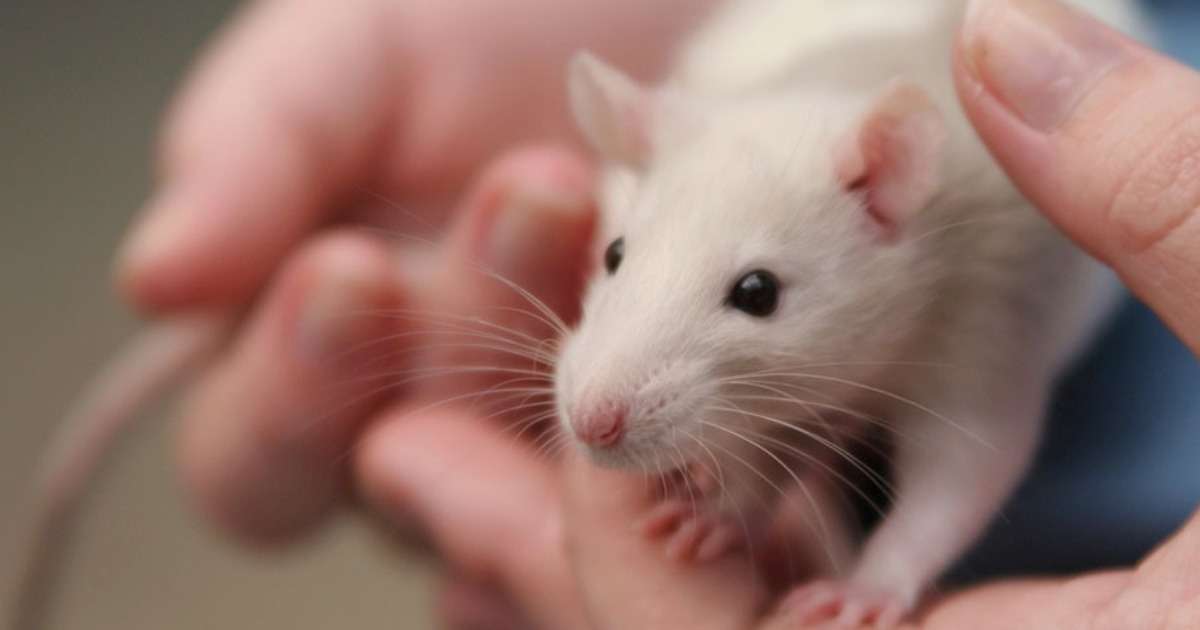
How doing exercises counteracts the effects of Alzheimer’s disease
Recent research has shown that rats induced with Alzheimer’s disease suffered less from the effects of the disease when subjected to exercise.
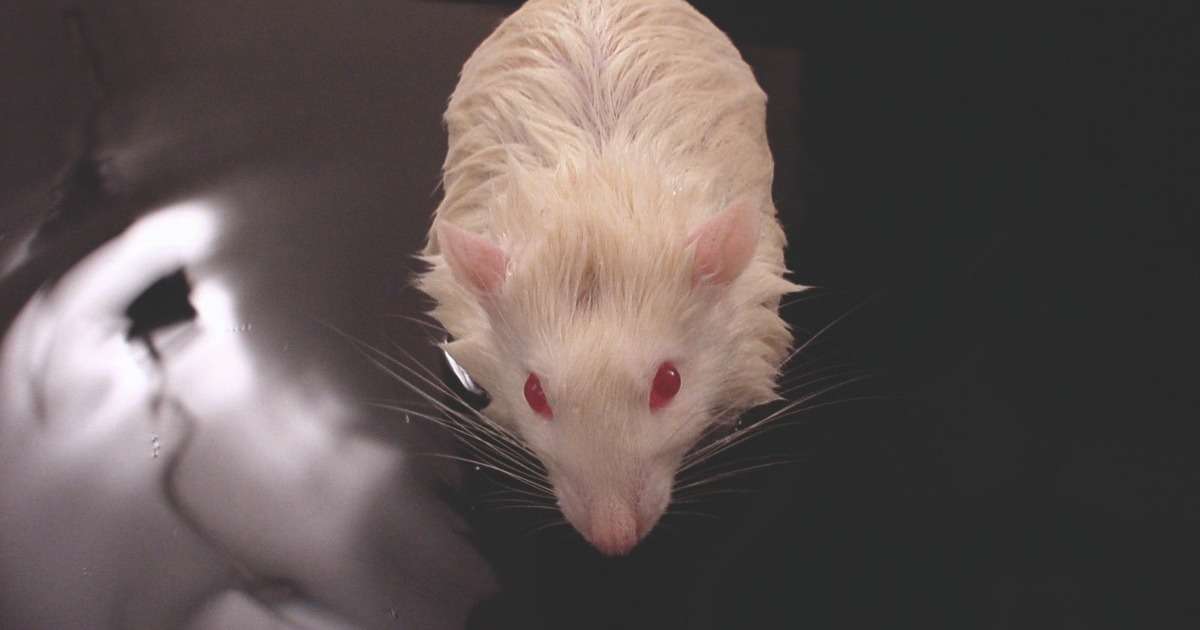
Diazepam in the battle against Alzheimer’s
Scientists have found out that a low dose of the tranquilizer diazepam reduces the breakdown of neurons, seen in the development of Alzheimer’s disease.
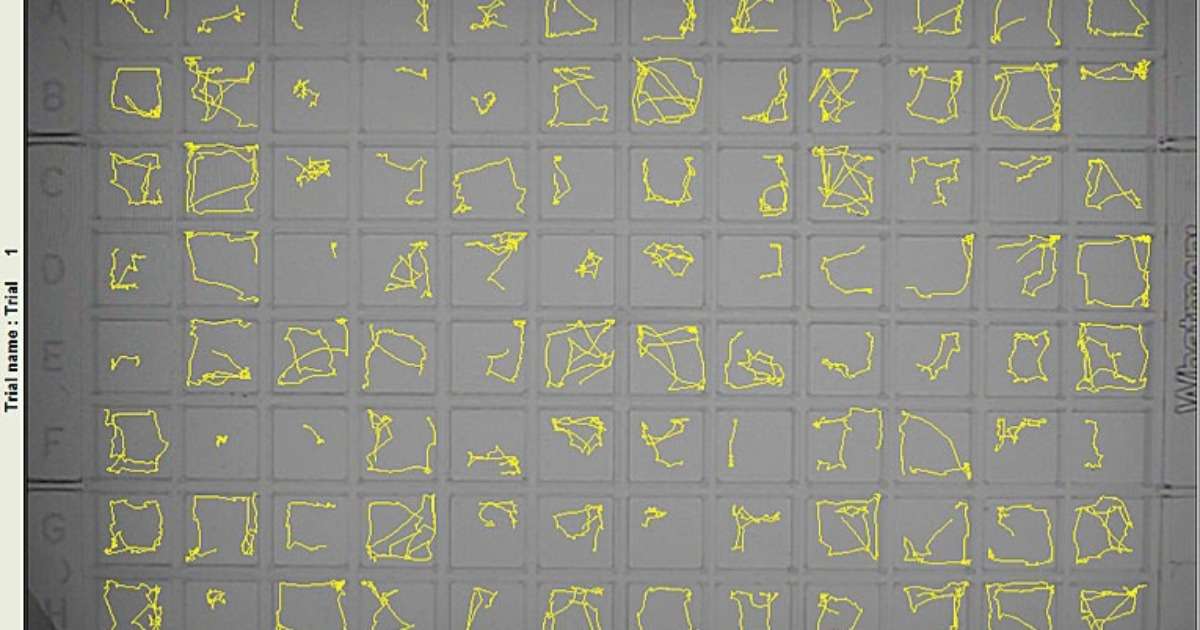
The ultimate list of neuroscience lab software tools
Are you interested in starting a new lab, or perhaps in updating your current lab to its maximum potential? If so, this list of ultimate neuroscience software tools is the place to begin.
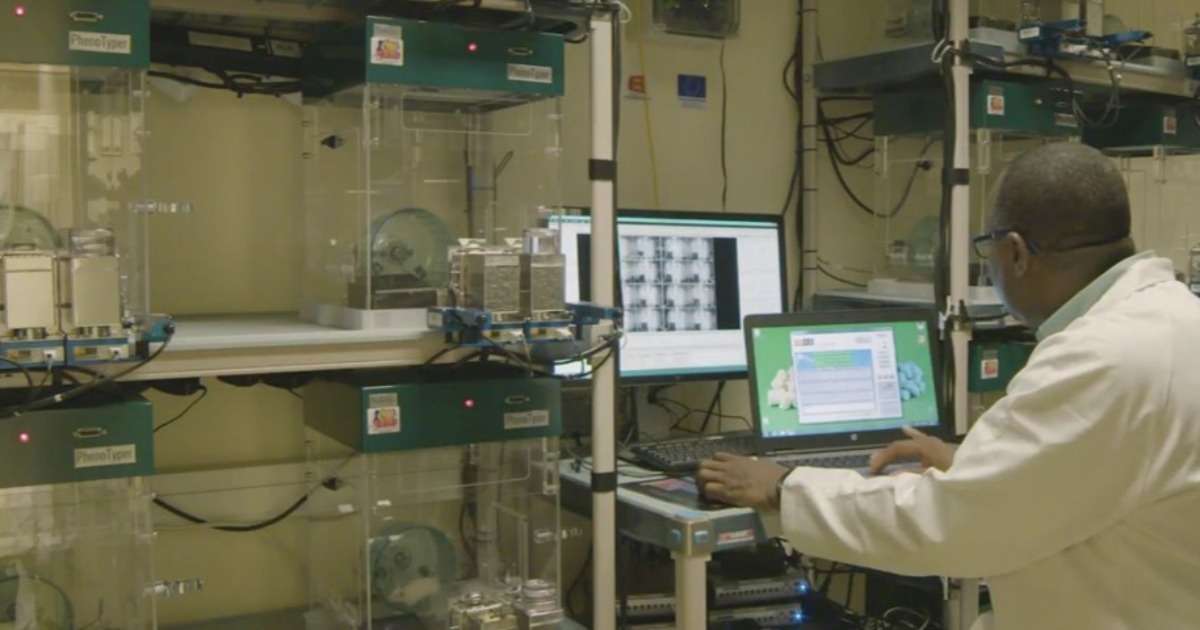
How to characterize behavioral phenotypes in a behavioral analysis facility
Introducing the Behavioral Analysis Facility. Researchers evaluate the behavioral and functional activities of new pharmacological drugs using diverse functional tests. Learn more about their recent projects.

Normalization of blood sugar reduces enhanced rewarding effect of smoking
Why are the rewarding effects of nicotine greater in diabetic rats?

Alzheimer research and the Morris water maze task
First developed in 1981 by Richard Morris, the Morris water maze task is still one of the most popular tests for memory and learning in rodents.
